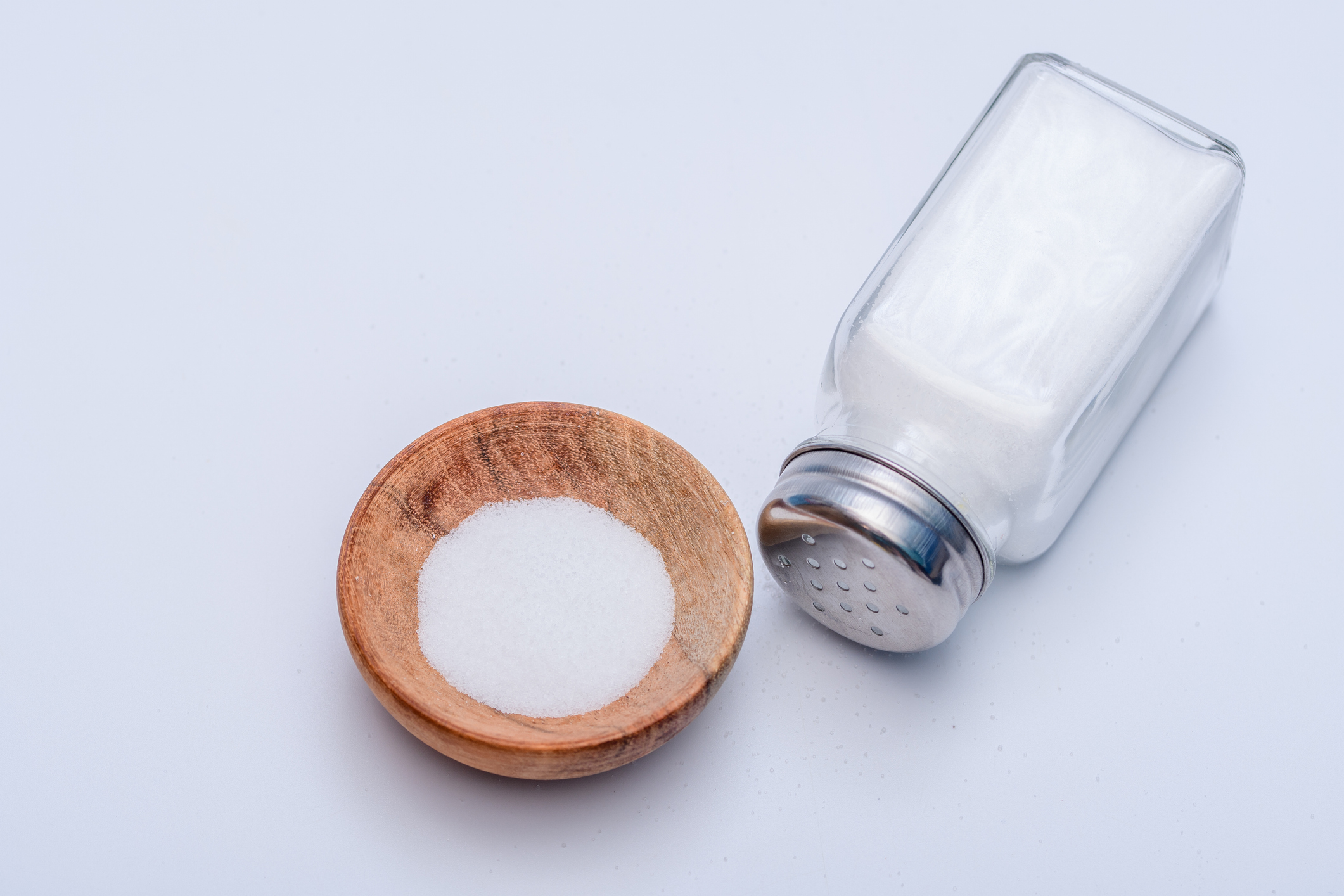

If you’re a candidate for high blood pressure, you’ve surely been advised to lay off the salt.
But what if I told you that you could, well, have your salt and eat it, too?
That’s right — there’s another kind of salt out there that you probably haven’t heard of. And if you have, well, you may have to search for it, but it’s well worth the reward.
Here’s everything you need to know…
What is potassium-enriched salt?
Potassium-enriched salts look the same as traditional salts (sodium chloride). Only some of the sodium chloride has been replaced with potassium chloride.
And there’s good evidence this simple change could make a huge difference for many people suffering from high blood pressure…
In a randomized trial of 20,995 people with a history of stroke — or who were 60 years of age or older and had high blood pressure — switched to potassium-enriched salt. Researchers saw lower blood pressure and reduced risks of stroke, heart attacks and early death.
That’s just one reason a group of researchers are strongly encouraging clinical guideline bodies to review their recommendations about the use of potassium-enriched salt substitutes.
Potassium-enriched salt works to lower blood pressure because it reduces sodium intake and because of potassium’s role in heart health…
Potassium not only helps keep your heart muscles strong and beating regularly — but a deficiency in the mineral can lead to bone-hard arteries.
Most of our potassium comes from fruits and vegetables that many of us just don’t eat enough of. And that’s a problem.
Why aren’t more of us using it?
Potassium-enriched salts are also called low-sodium salt, potassium salt, heart salt, mineral salt or reduced-sodium salt.
But many people simply don’t know it’s an option — or that a simple switch to potassium-enriched salt could help lower their blood pressure and reduce the risk of stroke and heart attack.
Marketing is another issue. Where it is sold, there’s often only one brand, and it is relegated to the bottom shelf, or only found in a specialty food aisle, which most shoppers ignore.
And it’s generally more expensive than traditional salt, so people on a budget also tend to bypass it in favor of plain old salt.
Should you be concerned about potassium deficiency?
There are a few reasons, besides skimping on fruits and vegetables, that someone could be potassium deficient:
- Diuretics (“water pills”) that increase urination and loss of too much potassium
- Diarrhea, vomiting or excess sweating
- Some antibiotics
- Excessive alcohol consumption
Would you recognize a deficiency? Some of the signs are:
- weakness
- muscle cramps
- tingling
- fatigue
- nausea
- bloating
- frequent urination
- constipation
- irregular heartbeat
- acne
If you experience any of these symptoms consistently, it’s wise to make an appointment with your doctor to determine if a potassium deficiency is the cause.
Get more potassium in your diet
When you think of high-potassium foods, a banana probably tops your list. But here are some foods that pack more potassium than a banana:
- avocado
- sweet potato
- spinach
- potatoes
- butternut squash
- dried apricots
- watermelon
- fish
A couple of these on the list have additional benefits for your arteries and blood pressure…
Citrulline, found in watermelon, is a precursor to L arginine, which helps produce nitric oxide (NO), a signaling molecule that plays a role in blood pressure regulation, lipid reduction and glucose control.
The rich levels of polyphenols and carotenoids in watermelon, particularly lycopene, also provide additional support to help maintain normal cardio-metabolic health.
Spinach also helps produce nitric oxide, but more efficiently. Foods like spinach and beets contain naturally occurring organic nitrates, and help the body produce NO via the nitrate–nitrite–nitric oxide pathway. Research claims it’s the most bioavailable, sustainable and fastest route for raising NO levels that support artery health and blood pressure.
Sources:
Research Shows One Easy Diet Swap Can Reduce Blood Pressure And Heart Attacks — Science Alert
Potassium-Enriched Salt Substitutes: A Review of Recommendations in Clinical Management Guidelines — Hypertension
Effect of Salt Substitution on Cardiovascular Events and Death — New England Journal of Medicine
Potassium-Enriched Salt Substitutes as a Means to Lower Blood Pressure — Hypertension
Low potassium (hypokalemia) — Mayo Clinic

